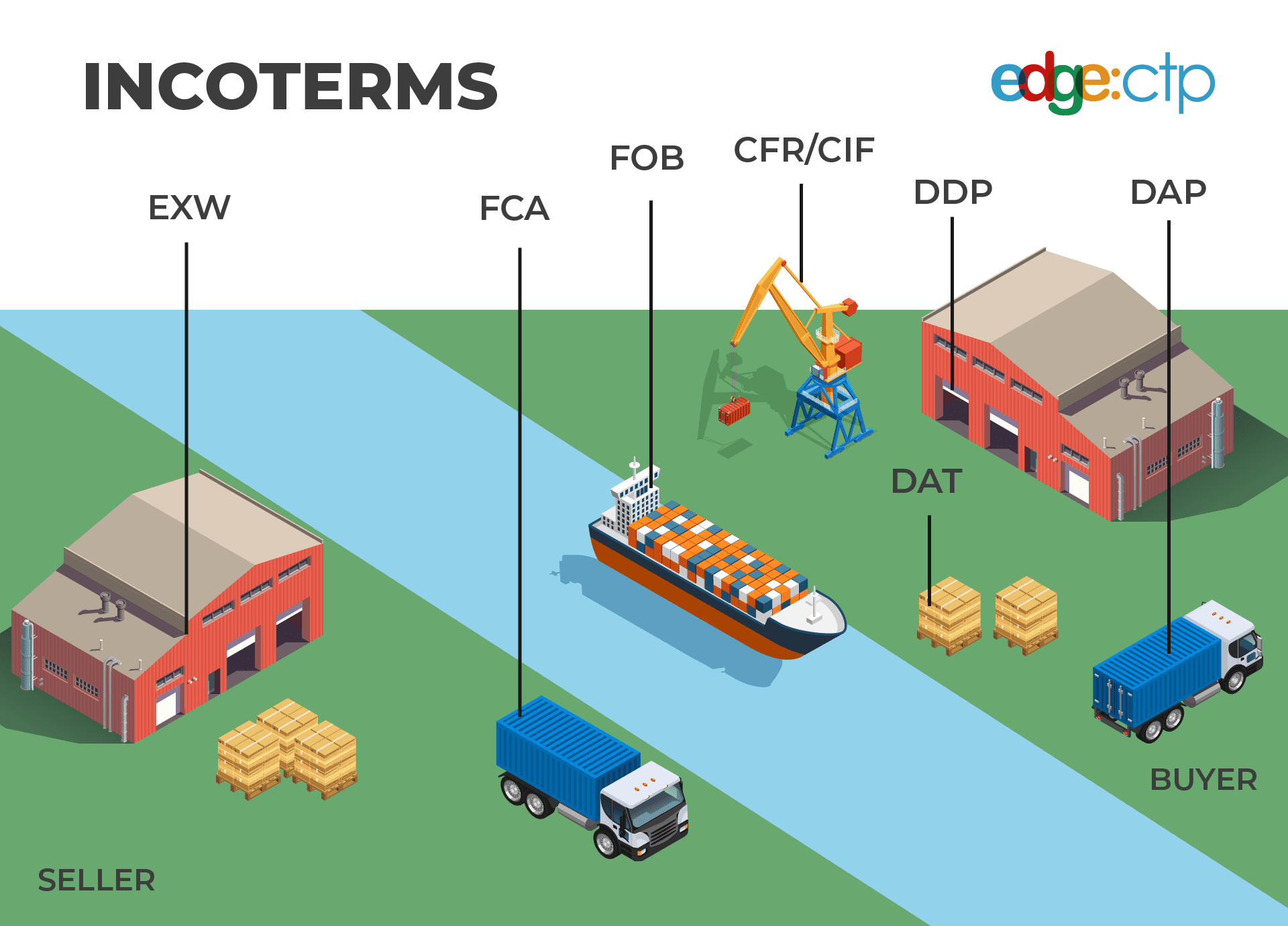Air Freight and Incoterms: Understanding DDU and DDP
The aviation industry's growth has made air freight an increasingly popular choice for transporting goods, whether domestically or internationally. As fast and efficient as it is, understanding the terms and conditions that govern air freight, including Incoterms such as DDU (Delivered Duty Unpaid) and DDP (Delivered Duty Paid), can help businesses navigate the complexities of shipping. This article will explain these key terms and provide insight into air freight.

1. What is Air Freight?
Air Freight refers to the transportation of goods or mail via airplanes, helicopters, or other aircraft. It is considered one of the fastest and most efficient modes of transport, especially for valuable or time-sensitive items such as fresh goods, electronics, and medical supplies.
1.1 History of Air Freight
Air freight dates back to 1871, when the French used balloons to transport supplies during the Franco-Prussian War. The first commercial air transport service began in 1918, with flights between New York, Washington, and Chicago. Over the following decades, air transport expanded significantly, especially after World War II, establishing a global network of routes.
1.2 Regulations of Air Freight
Air freight is subject to various regulations, including limits on weight and dimensions. The cargo’s weight is typically calculated based on its actual gross weight, and larger shipments may require special considerations for transport. For example:
- Weight limits: Narrow-body aircraft generally do not carry more than 80 kg per package, while wide-body aircraft can accommodate up to 250 kg.
- Volume weight: Cargo with large volume but low weight may have its chargeable weight calculated based on its volume. This is generally done using one of two formulas:
- Volume weight = Length × Width × Height (cm) / 6000
- Volume weight = Length × Width × Height (m) × 167
1.3 Usage of Air Freight
Air freight is ideal for goods that need to reach their destination quickly. It is often used for high-value, time-sensitive, or perishable items like electronics, fresh produce, and medical supplies. However, it tends to be the most expensive mode of transportation.
2. What Are DDU and DDP?
When it comes to air freight, Incoterms define the responsibilities of buyers and sellers regarding the shipment of goods. Specifically, the terms DDU (Delivered Duty Unpaid) and DDP (Delivered Duty Paid) determine who is responsible for paying duties, taxes, and customs procedures.
2.1 DDU (Delivered Duty Unpaid) / DAP (Delivered at Place)
- DAP replaced terms like DDU in the Incoterms 2010. Although DDU is no longer officially used, many still refer to it in practice.
- Under DAP, the seller is responsible for delivering the goods to a named destination, with the goods ready for unloading. However, the buyer is responsible for import customs clearance, taxes, and duties upon arrival.
- The seller handles export customs procedures, while the buyer must cover import-related costs and procedures at the destination.
2.2 DDP (Delivered Duty Paid)
- DDP places the maximum responsibility on the seller. The seller handles all shipping and delivery costs, including export and import customs clearance, taxes, and duties.
- Under DDP, the seller delivers the goods to the buyer at the designated location and assumes all risks until the goods are delivered.
- This term is suitable when the seller is able to handle both import and export customs procedures. It is not recommended if the seller cannot manage the import clearance in the buyer’s country.
3. Conclusions
Understanding DDU and DDP is essential for managing the costs and responsibilities involved in air freight shipping. Choosing between these two terms depends on whether the buyer or seller is better equipped to handle customs duties and taxes. DDU and DDP help clarify who bears responsibility at different stages of the shipment, making it easier to manage international trade transactions.
For more details on air freight, including choosing the right Incoterm for your shipment, visit our website to get more helpful information on freight forwarding and shipping.









